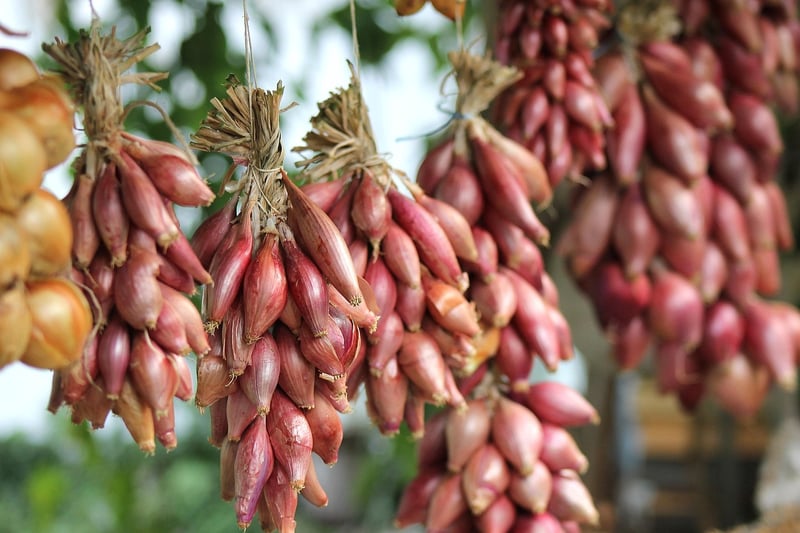Soil Health
Expert Advice for Successful Gardening + Soil Health
Introduction
Gardening is not just a hobby; it's a form of art that requires patience, dedication, and knowledge. One of the key factors in successful gardening is maintaining healthy soil. In this article, we will provide expert advice on how to improve your gardening skills and ensure the health of your garden soil.
1. Choose the Right Plants
Before starting your garden, research and choose plants that are suitable for your climate and soil type. Selecting the right plants will ensure they thrive in your garden environment, reducing the risk of diseases and pests.
2. Plan Your Garden Layout
Designing a layout for your garden is crucial for optimal growth. Consider factors such as sunlight exposure, water drainage, and spacing between plants. A well-planned garden will not only look beautiful but also promote healthy plant growth.
3. Test Your Soil
Regularly test your soil to understand its pH levels and nutrient content. This information will help you determine the right fertilizers and amendments needed to improve soil health and provide essential nutrients to your plants.
4. Compost and Mulch
Composting kitchen scraps and yard waste is an excellent way to enrich your soil naturally. Compost adds organic matter, improves soil structure, and enhances nutrient availability to plants. Mulching helps retain moisture, control weeds, and regulate soil temperature.
5. Rotate Crops
Rotating crops in your garden helps prevent nutrient depletion and reduces the risk of soil-borne diseases. Plan your planting schedule to alternate crops each season, promoting soil health and overall garden productivity.
6. Practice Watering Wisely
Overwatering or underwatering can harm your plants and disturb soil balance. Learn the water requirements of each plant species in your garden and water them accordingly. Consider using drip irrigation systems for efficient water distribution.
7. Monitor and Manage Pests Naturally
Avoid using harsh chemicals to control pests as they can harm beneficial insects and soil organisms. Implement natural pest control methods such as companion planting, attracting beneficial insects, and using organic insecticides when necessary.
Conclusion
By following these expert tips for successful gardening and maintaining soil health, you can create a thriving garden that brings joy and beauty to your outdoor space. Remember, healthy soil is the foundation of a vibrant garden, so prioritize soil care to ensure the long-term success of your plants.

For more gardening tips and tricks, explore resources from reputable gardening websites like Royal Horticultural Society and University of Minnesota Extension.
